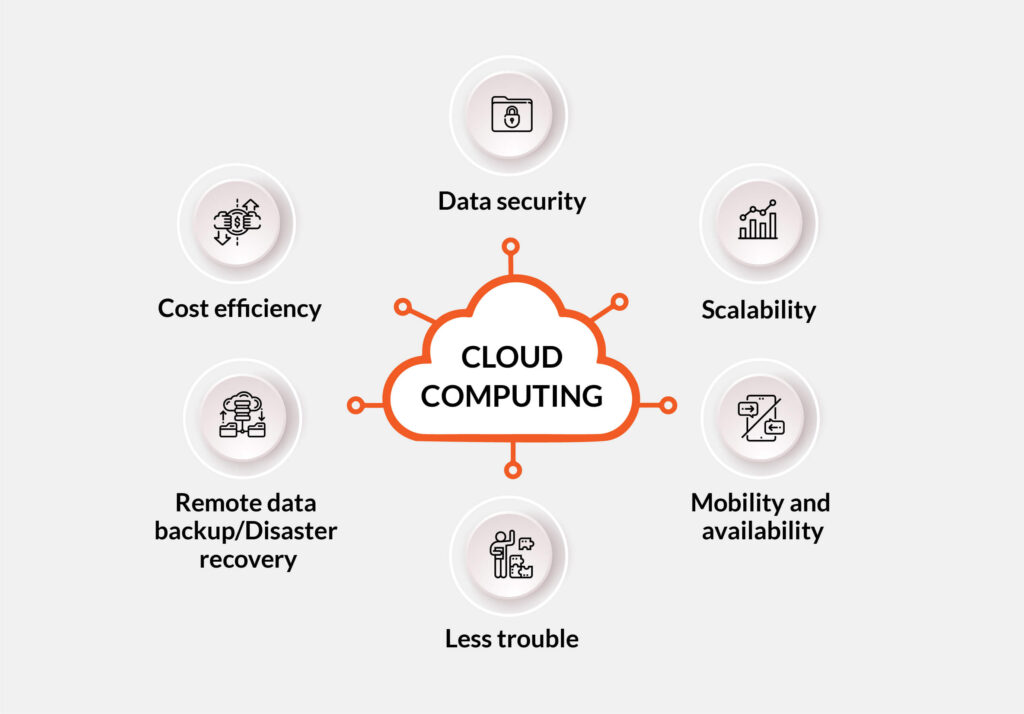EDB continues to prioritize optimizing Postgres for AI workloads by supporting vector databases and AI workloads. The platform offers features like the pgvector extension and EDB’s pgai extension, allowing storage and querying of vector embeddings essential for AI applications. This support empowers developers to build advanced AI models directly within the Postgres ecosystem.
Moreover, EDB focuses on enhancing Postgres for AI workloads by supporting vector databases and AI workloads. The EDB Postgres AI platform simplifies operations by providing a centralized location for storing vector embeddings and conducting similarity searches with pgai and pgvector. This streamlining of capabilities simplifies the AI application process for developers, enabling them to create sophisticated AI models within the Postgres environment. Additionally, users can take advantage of PostgreSQL’s robust data management features, including high availability, Transparent Data Encryption (TDE), and scalability across on-premises, hybrid, and cloud deployments.
One of the standout features of EDB Postgres AI is its innovative “retriever” functionality, which facilitates similarity search across vector data. The auto embedding feature generates AI embeddings for data in Postgres tables automatically and keeps them current through triggers. Furthermore, pgai can create embeddings for Amazon S3 data on demand, making unstructured sources searchable by similarity. Users can also access a wide range of cutting-edge encoder models such as Hugging Face and OpenAI. By using simple commands like pgai.create_retriever() and pgai.retrieve(), developers can harness vector similarity capabilities within their trusted Postgres database.



